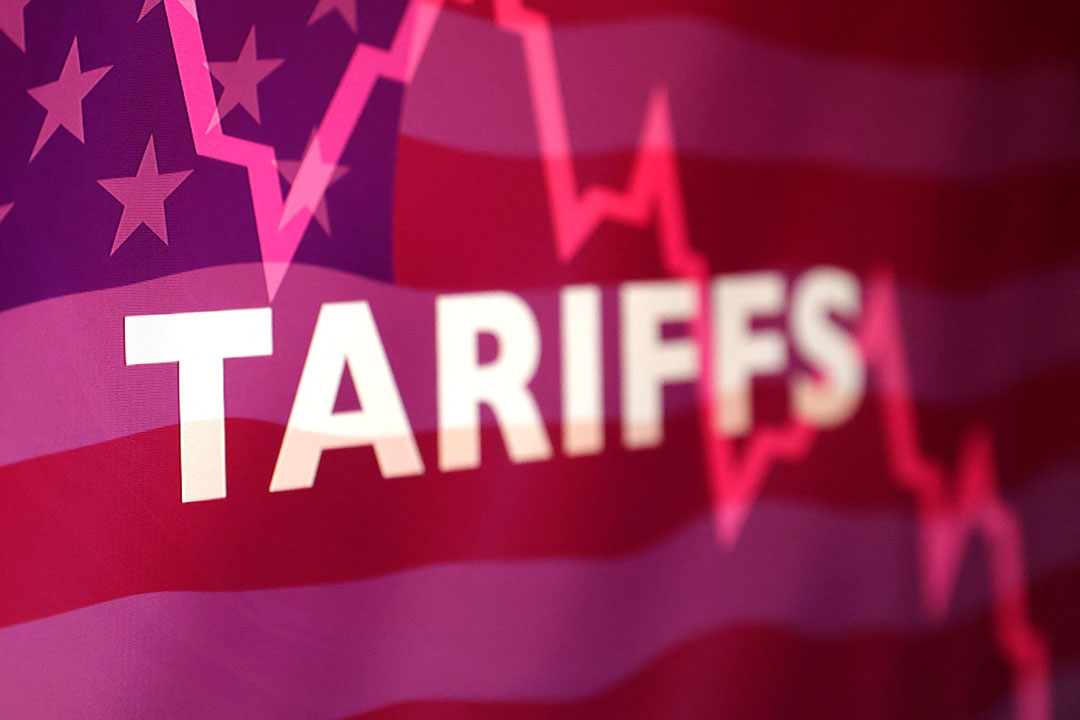
By Kenneth Christiane L. Basilio, Reporter
THE PHILIPPINES is asking the US to exempt exports of agricultural products and other goods from the 19% tariff imposed by US President Donald J. Trump, a Trade official said on Thursday.
Trade Undersecretary Allan B. Gepty said the government is seeking US tariff exemptions for exports of agricultural commodities, electronics, vehicle tires, bags and aircraft parts.
“We submitted a list of products we asked the US to exempt from the imposed tariff rates, because these are key and complementary items. And some of them, in fact, are not even produced or manufactured there (in the US),” he told senators at a Senate briefing on the tariff set by Washington on Philippine exports.
“The immediate need right now is we want to negotiate for an exemption, because we want to protect our industries whose main export market is the US,” he added.
The US began imposing a 19% tariff on Philippine goods starting Aug. 7.
“We already submitted to the US the products that should be exempted from the reciprocal tariffs,” he said.
Mr. Gepty said about 23% of the country’s total exports to the US are exempted from the 19% tariff.
In June, the United States was the top destination for Philippine-made goods amounting to $1.22 billion, 35.2% higher from the same month a year ago.
Around 53% of the Philippines’ total exports to the US were semiconductors and electronics, Mr. Gepty said.
The US has yet to set new global tariffs for semiconductors and pharmaceuticals. Mr. Trump had earlier said he plans to announce higher tariffs on imports of semiconductors, but companies that plan to build manufacturing facilities in the US would be exempted.
“Ninety-nine percent of our semiconductors as of now are still exempted, there’s still no problem” he said. “If the 100% continues, that’s a big problem,” he added.
Mr. Gepty said most of the semiconductors are made by US companies in the Philippines and exported to the US. He noted the higher tariffs would pose problems for the US supply chain, particularly for its defense industry.
Meanwhile, the Philippines has not formally granted zero tariffs on US products, as negotiations over a reciprocal trade agreement remain ongoing, he said.
“We have not yet concluded and signed [any deal].”
Senator Maria Imelda “Imee” R. Marcos said that any trade deal with the US should undergo a Senate review, citing concerns it could be lopsided and pose risks to domestic industries.
“[Based on] the scant information that we have been provided, it’s clearly more onerous upon the Philippines and extremely beneficial to the US,” she said. “There is even more reason that this agreement should be submitted for the concurrence of the Senate.”
Mr. Trump said in July that the Philippines is “going to open market with the United States, and zero tariffs,” following his meeting with President Ferdinand R. Marcos, Jr. in Washington.
Also on Thursday, Department of Economy, Planning, and Development Undersecretary Rosemarie G. Edillon said the effects of US tariffs on Philippine exports could lead to modest medium-term gains through trade diversion.
However, the US tariffs are projected to trim 0.013% from the country’s gross domestic product by next year, she added.
“If we manage the transition well, then we think that… in the medium term, it could have positive effects by virtue of trade diversion,” she said. “It’s minus 0.013% from the baseline, and this is equivalent to $70 million in the short term.”
The impact of the US tariff was partly mitigated as the Philippines is not a major exporter, she said.
Meanwhile, US tariffs could help ease inflationary pressures in the country, as trade disruptions slow global economic activity and dampen demand, Bangko Sentral ng Pilipinas Deputy Governor Zeno Ronald R. Abenoja said.
“In the near term, because of the moderation of economic activity both globally and possibly the domestic economy, this could lessen pressures on the inflation rate right now,” he said. “We are seeing inflation rate below 2% on average for 2025.”